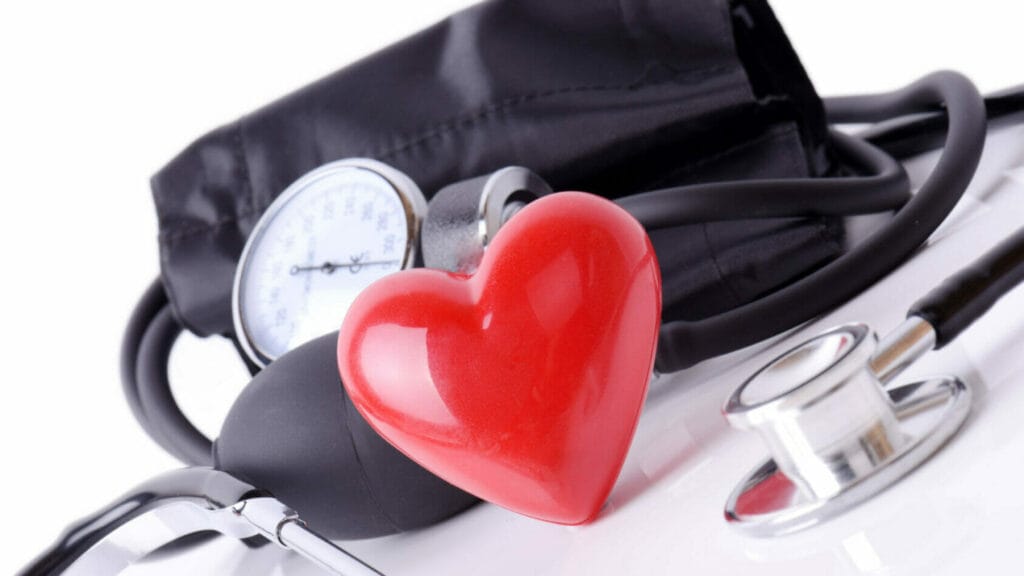

Video may have killed the radio star, but radio technology still can help keep vulnerable older adults alive.
Researchers at Cornell University are working on a radio-based tool, SensVita, that can detect heart and respiratory problems in lieu of wearables or other bulkier technologies.
The radio sensor could be especially important in monitoring heart failure, SensVita creator Thomas Conroy said, noting that 75% of healthcare costs among seniors with heart failure are due to rehospitalizations.
“There are a lot of diseases that affect both the cardiac and respiratory systems,” Conroy said in a statement. “The other big advantage for our product is that it can be passive and unobtrusive.”
A demure wall-mounted tool for monitoring heart conditions could be particularly useful as not enough older adults with serious heart conditions use devices such as wearables to track their health, previous studies have shown.
In long-term care facilities, having a system to track cardiac health could help caregivers preempt an emergency by adjusting medication or other treatments.
SensVita prototypes already have been built and have been tested at the Weill Cornell medical college in New York City, where the device was used to monitor sleep apnea in patients.
The next research phase will be to look into how the device can be commercialized, Conroy said. Although using radio signals may be a novel way to approach cardiac monitoring, health tech developers also have continued to devise other tools for that purpose, including adding AI capabilities to wearable devices and taking advantage of built-in smartphone sensors to track cardiac biomarkers.


